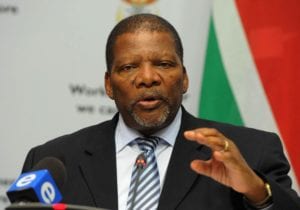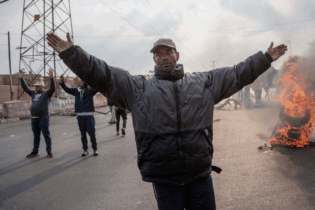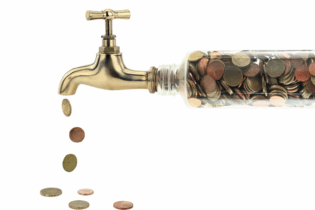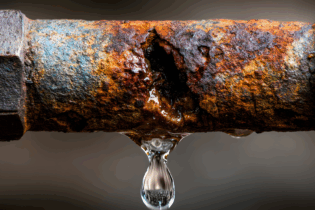The Department of Water and Sanitation (DWS) recently presented an update on the National Water & Sanitation Master Plan to the Portfolio Committee on Water and Sanitation.
The main objective of the Master Plan is alignment of water and sanitation plans and bills including issues of reticulation. A crucial part of the plan points out the priority actions required until 2030 and beyond to ensure water security and equitable access to water and sanitation services for everyone in South Africa. Presenting the Master Plan, Acting Director-General and Deputy Director-General of Special Projects Trevor Balzer said that it is imperative for all role players to be aware of what happens nationally, that available major infrastructure needs to latch onto local infrastructure, and that infrastructure projects must be aligned to ensure that the un-served also receive attention. The Master Plan was generally well received and supported by the Portfolio Committee members. Although the process is ongoing and further engagements and inputs will be made, the plan was regarded as a blueprint that will guide the provision of water and sanitation services going forward, while being guided by the ideals of the National Development Plan, Sustainable Development Goal 6, and the AU Agenda 2063. At the close of the meeting, Minister of Water and Sanitation Gugile Nkwinti remarked that the plan is close to embarking on the Phakisa process, which will hopefully take place in late 2018 or early 2019.Balzer noted that while the Master Plan is to guide the country towards provision, funding for the sector is critical. He believes there is a need to engage the financial sector and persuade funding towards the sector to be different.







